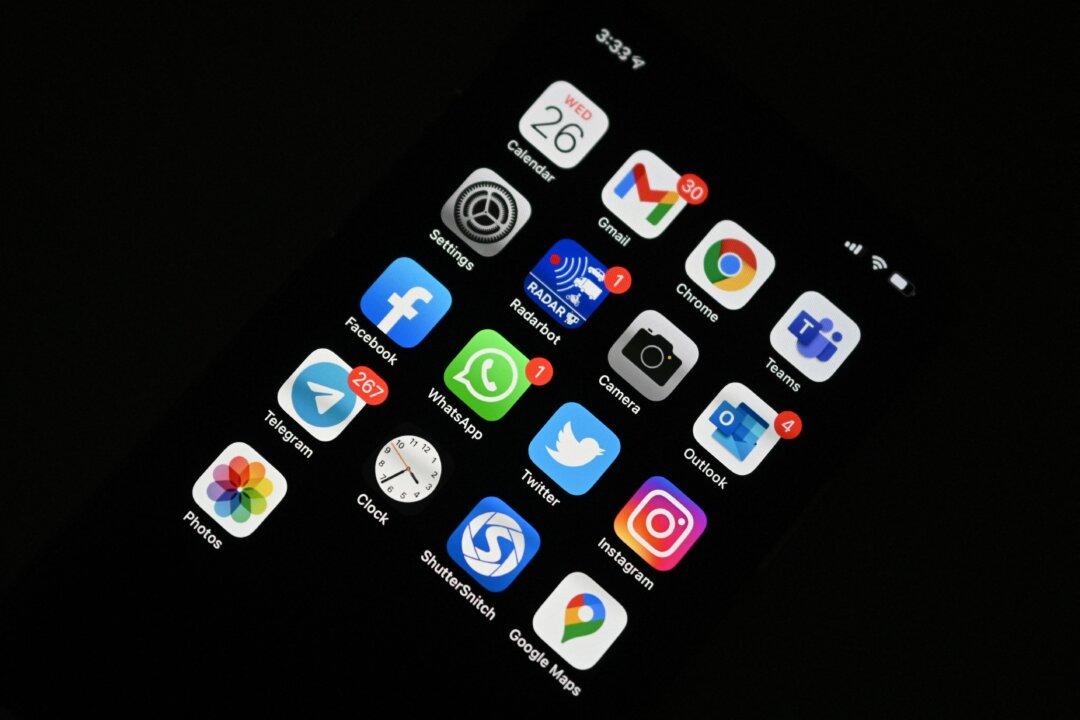When Major Billy C. Hall left high school to fight in WWII, he was so young that his recruiter had to lie about the vet’s age on his application.
“Men like [Hall] aren’t just ‘the greatest generation,’” friend and fellow veteran Dwight Hanson said. “They’re men of legend.”




